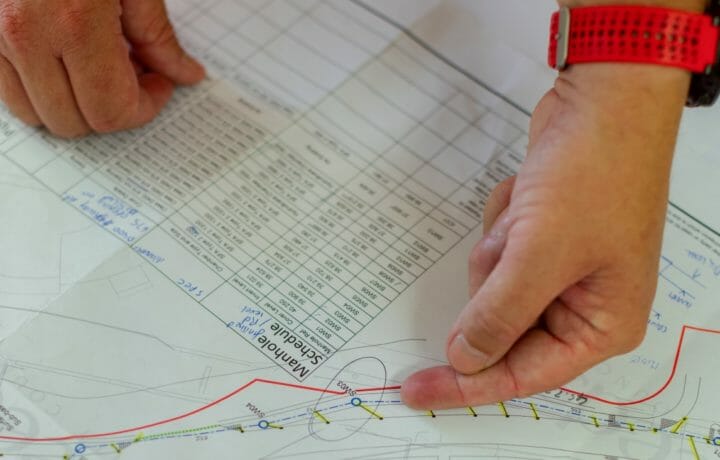The 2012 Association of the United States Army Annual Meeting kicked off yesterday, and included a press briefing from the senior leaders of the Army, Secretary of the Army John McHugh and Army Chief of Staff Gen. Ray Odierno. The two described the state of the Army, and the focus on the health and welfare of those that serve. The importance of suicide and sexual assault programs remaining funded was a key point that was made in the briefing. Leadership emphasized that no matter what the budget may be those programs will remain in the forefront.
Although AUSA has come under scrutiny recently for the amount of money spent on this meeting, Army leadership highlighted its importance as it brings together leaders, defense contractors and other country partners.
Gen. Odierno emphasized the need to prioritize leadership development, leveraging technology to better serve Soldiers. One reporter even asked about the need for tactical radios for each Soldier, and what this meant for contractors who developed these platforms. Gen. Odierno responded that soldiers don’t each need a tactical radio, but a means to communicate at the lowest level, even mentioning iPhones as a possible solution.
“The Army will empower our Soldiers and squads. They will be connected to the network in vehicles that increase mobility and lethality while retaining survivability,” Gen. Odierno said. “That’s our goal as we move forward.”
Questions were asked regarding Iraq and other involvement in the Middle East. Sec. McHugh emphasized the need to provide the right capability to move forward, and the Army’s ability to deliver a depth and capability that no other service provides. Although the Navy and the Air Force are primarily focused on air and sea assets, the Army’s expertise is ground engagement; the human element. Sec. McHugh also discussed the Pacific Pivot, and the Army’s importance in that arena. Pre-staging in Pacific countries has been underway for years by the Army, and the expertise of ground forces in those countries benefits United States involvement.
Overall there was an emphasis on balance within the force. The balance of cuts that are soon to come with sequestration looming; balance of active and reserve assets, focusing on their areas of expertise; and balance in the need to provide the best and safest equipment and training for soldiers here and overseas.
How do you think these cuts will affect the defense industry? Is a change inevitable with drawdowns overseas?
Erika Wonn is a communications analyst and proud veteran in Washington, DC. Follow Erika on Twitter @erikawonn



